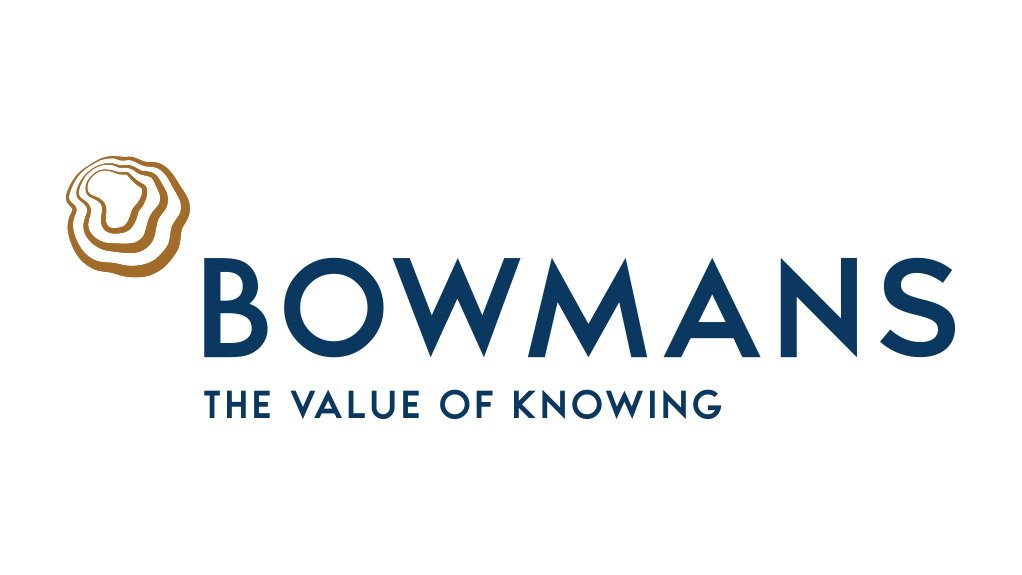In the third article in our employee mobility series, we highlighted the opportunity for South Africa to become a jurisdiction of choice for employees wishing to work in the country for their foreign employer and outlined what could be done to make it a more attractive destination for remote workers. One of the obstacles was the delay in the implementation of what is commonly known as the ‘digital nomad visa’.
After the initial announcement by President Ramaphosa almost two years ago that South Africa would be introducing a digital nomad visa, the draft amendments to the Immigration Regulations that are needed to implement these changes to our immigration laws have finally been published for public comment.
The Draft Second Amendment of the Immigration Regulations, 2014 was published in the Government Gazette on 8 February 2024 (Draft Regulations). The public has until 29 March 2024 to submit written submissions on the draft regulations.
In terms of the Draft Regulations, a ‘remote working visa’ is introduced as a species of visitor’s visa that may be issued in terms of section 11(1)(b) of the Immigration Act, 2002. This is proposed by way of extending the list of prescribed activities, in respect of which a foreigner must be engaged in South Africa to qualify for such visa, to include “work conducted…for a foreign employer on a remote basis”.
In order to be considered for this visa, an applicant must earn no less than the equivalent of R1 million per annum. The visa can be issued for up to three years, subject to the following:
If the visa is issued for a period not exceeding 6 months within a 12-month period, the foreigner will not be required to register with the South African Revenue Service (SARS); and
If the visa is issued for a period longer than 6 months within a 12-month period, the foreigner must register with SARS.
The Draft Regulations also propose further changes to our immigration laws, including the introduction of a points system for adjudicating work visa applications.
If the Draft Regulations are promulgated, this will be a positive step for foreign employees seeking to make South Africa their remote working destination of choice. Interestingly, the Draft Regulations introduce an income tax exemption for foreign employees working in South Africa for less than 6 months in a 12-month period, which exemption is not currently provided for in the Income Tax Act, 1962 (ITA). The ITA would have to be amended to duly provide for the exemption.
For foreign employers, it may unlock an opportunity to send their foreign employees to explore the South African market with a view to potential expansion and investment, or just give them the means to approve an employee’s request for a working stint across the waters.
While the digital nomad visa is a step in the right direction in the implementation of an effective remote working scheme in South Africa, there are still potential obstacles and employers should remain mindful of the potential tax, corporate and employment law consequences. For example, the risk that a remote working arrangement could create a permanent establishment (PE) for a foreign employer, is a substantial concern for most foreign employers. Unless this risk is addressed, it is unlikely that the digital nomad visa would attract remote workers who work in South Africa for longer than 6 months at a time.
Clarification should also be provided regarding the payment of Skills Development Levies and Unemployment Insurance Fund contributions in respect of digital nomads. For a recap on some of the tax issues that should be front of mind, see our third article in the series.
Another question is whether an external company registration obligation will be triggered for the foreign employer in terms of the Companies Act, 2008, where foreign employees work in South Africa on digital nomad visas. Consideration should be given to whether the foreign employer may be considered to be ‘conducting business’ in South Africa in such circumstances, for purposes of section 23 of the Act.
From an employment law perspective, a careful analysis should be undertaken of the circumstances surrounding the remote working arrangement to determine whether our South African employment laws will apply to remote workers while they are working in the country. This is particularly important as all foreign employees, including those who do not have valid working visas, are afforded legal protection under the Labour Relations Act, 1995, as amended.
Written by Aneria Bouwer, Senior Consultant, Chloë Loubser, Knowledge and Learning Lawyer and Sian Gaffney, Senior Associate at Bowmans Law
EMAIL THIS ARTICLE SAVE THIS ARTICLE ARTICLE ENQUIRY
To subscribe email subscriptions@creamermedia.co.za or click here
To advertise email advertising@creamermedia.co.za or click here











